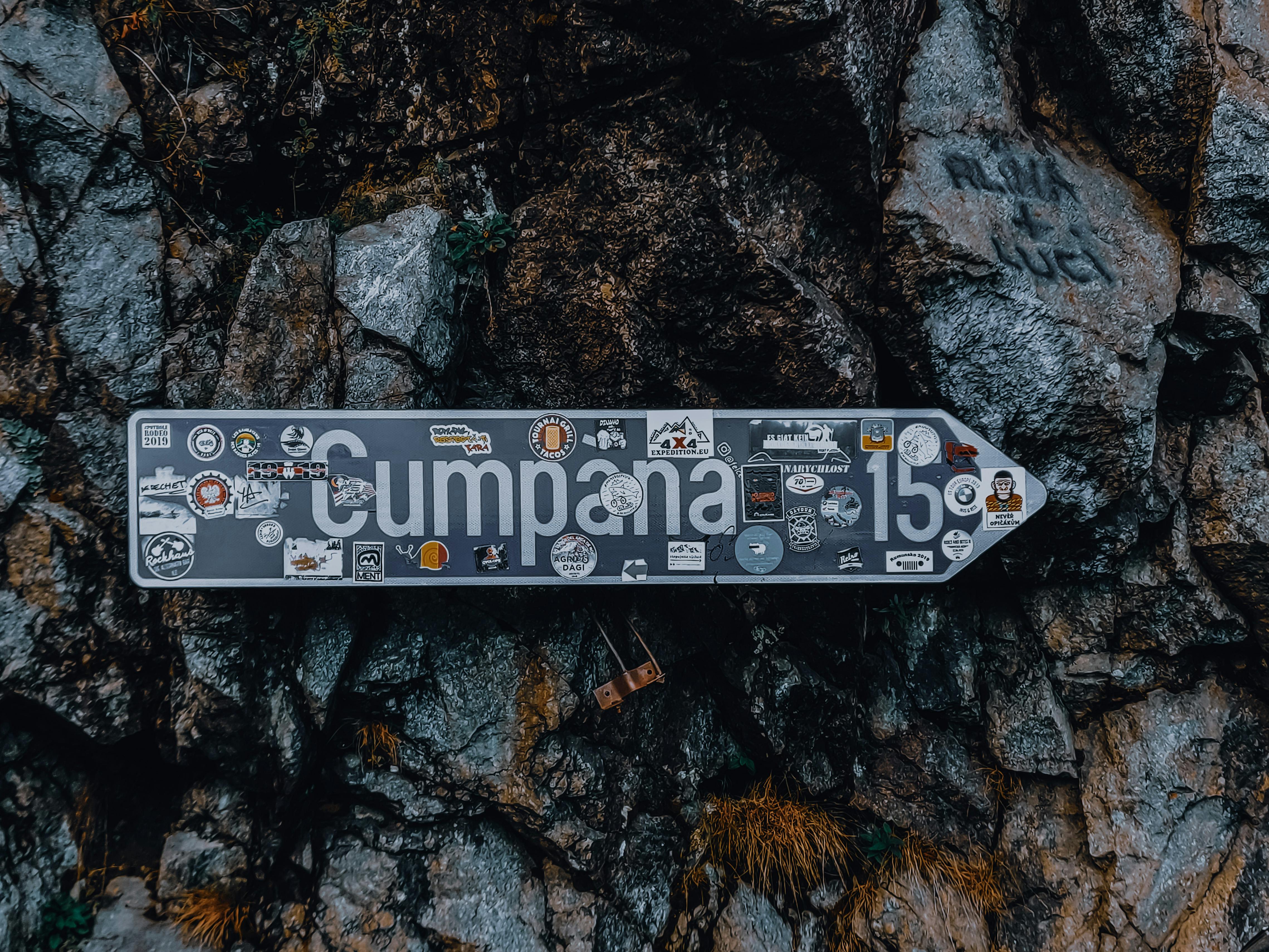Having the right grease for your tow ball is essential to ensure that it functions properly. Grease helps ensure that the tow ball moves smoothly and efficiently, as well as offers protection against corrosion and rust. This comprehensive guide will provide all the information you need to choose the right grease for your tow ball. We’ll discuss the type of grease you need, how much you should apply, and how often it should be changed. We’ll also touch on some additional tips to help keep your tow ball in great condition. Armed with this knowledge, you’ll have everything you need to choose the right grease for your tow ball.A tow ball is a metal ball that is attached to the end of a vehicle’s tow bar. It is used to connect the vehicle to a trailer or caravan, allowing it to be towed.
Understanding Grease Types
Grease is a lubricant used to reduce friction between moving parts. It is made up of a base oil, thickener and a variety of additives that give it special properties. The type of grease used in any application depends on several factors, such as temperature range, operating speed, load and environment. There are several types of grease available on the market, each with its own characteristics and uses.
Lithium-based greases are the most commonly used type of grease. They have good temperature resistance in both hot and cold environments. Lithium-based greases provide excellent protection against wear and corrosion, making them suitable for use in automotive applications.
Sodium-based greases are less expensive than lithium-based greases but they do not offer the same level of protection against wear and corrosion. However, they are an excellent choice for applications that see frequent changes in temperature or moisture levels due to their superior water resistance properties.
Calcium-based greases are made up of a mineral oil base combined with calcium soap or another type of thickener to form a semi-solid lubricant. They have good thermal stability and provide good protection against wear and corrosion in high temperatures applications.
Synthetic greases are made from synthetic oils combined with synthetic thickeners such as polyurea or polyalphaolefin (PAO). They offer superior protection against wear and corrosion compared to other types of grease and have good thermal stability over a wide temperature range.
Silicone-based greases are designed for use in high temperature applications where conventional greases may not be suitable. They offer excellent thermal stability over a wide range of temperatures and offer superior protection against oxidation compared to other types of grease.
Understanding the different types of grease available on the market is essential when selecting the right type for your application. Each type has its own advantages and disadvantages so it is important to consider all factors before making your decision.
The Benefits of Greasing Tow Balls
Tow balls are an important part of towing, and keeping them in good condition is essential for safe and efficient hauling. Greasing tow balls can help to preserve their condition, as well as improve the performance of the tow vehicle. Greasing tow balls can provide several benefits, including increased lubrication, improved performance, and reduced wear and tear over time.
The lubrication provided by greasing tow balls helps to reduce friction between the ball and the trailer hitch. This reduces wear on both components, making them last longer. It also helps to reduce noise while towing, as there is less friction between the two parts. The lubrication also helps keep dirt and debris from building up in the hitch or on the ball itself which could cause damage or impair performance.
Greasing tow balls also helps improve performance when towing by reducing drag. The reduced friction between the ball and hitch allows for smoother movement when turning or braking, as well as providing better fuel economy due to less energy being required for movement. This can help reduce wear on other components of the vehicle such as tires or brakes which may be affected by additional strain from heavy loads.
Finally, greasing tow balls can help reduce wear over time by protecting them from corrosion caused by moisture or saltwater exposure. The grease provides a protective layer which prevents rusting or other damage that could occur due to exposure to these elements. This can extend the life of a tow ball significantly if it is regularly greased in order to maintain its condition over time.
In conclusion, greasing tow balls has a number of benefits that should not be overlooked when hauling with a trailer hitch. These include increased lubrication, improved performance, and reduced wear and tear over time due to protection against corrosion from moisture or saltwater exposure. Taking care of your tow ball is essential for safe and efficient hauling – so don’t forget to grease it regularly!
Selecting the Right Grease for Your Tow Ball
Towing vehicles, trailers, and other recreational vehicles is a great way to enjoy the outdoors and explore new destinations. However, it’s important to ensure your tow ball is properly lubricated to maintain a smooth ride. Grease is essential for helping to reduce friction and wear on the tow ball and other components. When selecting a grease for your tow ball, there are several factors to consider.
First, you will want to choose a grease that is designed specifically for tow balls. This type of grease will be designed with the right viscosity, additives, and corrosion protection needed for this application. Additionally, make sure that the grease is rated for high-pressure applications so that it can withstand any additional force from larger loads or higher speeds.
Next, look for a grease that is designed with anti-wear properties. This will help reduce friction between the ball and hitch components as they move against each other during turns or bumps in the road. The anti-wear properties should also provide protection against rust and corrosion so that your tow ball remains in good condition while you’re out on the road.
Finally, consider a grease that has been proven to withstand extreme temperatures both hot and cold. This will help protect your tow ball from damage caused by extreme weather conditions or long drives in harsh environments. It’s also important to check if the manufacturer recommends specific intervals of lubrication for their product as some greases may require more frequent applications than others due to their specific ingredients or application requirements.
Choosing the right grease for your tow ball is an important part of making sure your recreational vehicle experiences a smooth ride over any terrain. When selecting a grease, look for one designed specifically for this application with anti-wear properties and high temperature resistance to ensure optimal performance from your tow ball.
Synthetic vs. Mineral Oils
When it comes to lubricants, there are two main types: synthetic and mineral oils. Synthetic oils are man-made and created in a laboratory, while mineral oils are derived naturally from petroleum. Synthetic oils offer better protection and performance compared to their mineral oil counterparts, but they are also more expensive.
Synthetic oils have superior resistance to oxidation, which means they last longer than mineral oils before they need to be replaced. They also provide better protection against engine wear due to their higher viscosity index, which allows them to remain thicker at higher temperatures. This makes them ideal for high-performance engines that run at high temperatures for extended periods of time.
Synthetic oils can also handle higher levels of stress from extreme temperatures and loads placed on the engine without breaking down or becoming thin like mineral oil does. This makes them ideal for high-performance racing engines that require extra protection from extreme conditions.
However, synthetic oils are not suitable for every engine type since some engines require mineral oil in order to function properly. Additionally, synthetic oils can be more expensive than mineral oil, so it is important to consider your budget when making a decision about which type of oil is best for your engine.
Overall, synthetic and mineral oils both have their advantages and disadvantages depending on the particular application or engine type they are being used in. It is important to do your research and understand the differences between these two types of lubricants before making a decision about which one is right for you.

Water-Resistant Greases
Water-resistant greases are lubricants that are designed to provide protection against water and other liquids. They are typically used in applications where water or other liquids may come into contact with the lubricant. Water-resistant greases offer superior protection against wear, corrosion, and abrasion in wet environments. They are also often used in marine and off-road vehicles as they provide superior protection against moisture. In addition, water-resistant greases can be used to lubricate bearings, gears, and other moving parts that are exposed to water or other liquids. Water-resistant greases can also be used on valves and seals to provide a better seal against water intrusion. These types of lubricants are available in a variety of forms including grease, oils, and aerosols.
Extreme Pressure and Anti-Wear Additives
Extreme Pressure and Anti-Wear Additives are used in lubricant formulations to protect against wear, extreme pressures, and elevated temperatures. They are designed to increase the lubrication of a system in order to reduce friction and wear on parts. These additives are very effective at protecting against wear caused by heavy loads, sliding contact surfaces, and extreme pressure events. Extreme Pressure additives form a protective film on contact surfaces that prevents metal-to-metal contact during periods of high pressure. Anti-wear additives form a sacrificial layer between the two surfaces that reduces friction and wear on the components.
Both types of additives work together to provide superior protection against wear and tear in machinery even under extreme conditions. They also provide excellent corrosion protection for metal components. This is particularly important for high temperature applications where corrosion can quickly degrade parts due to oxidation. The use of these additives helps to extend the life of machinery by reducing the frequency of maintenance or repairs required due to excessive wear or corrosion damage.
Extreme Pressure and Anti-Wear Additives are used in many industrial applications such as automotive engines, off-road vehicles, agricultural equipment, mining equipment, construction equipment, marine engines, heavy duty trucks, forklifts, turbines and compressors. These additives can help improve performance in these applications by reducing wear on moving parts due to friction as well as preventing corrosion damage from moisture or other environmental factors.
The use of Extreme Pressure and Anti-Wear Additives can also result in improved fuel efficiency by reducing friction between moving parts which can help reduce fuel consumption. This reduced fuel consumption means lower operating costs for businesses that rely heavily on machinery for their operations. Additionally, these additives can help extend the life of machinery by reducing the need for frequent maintenance or repair due to excessive wear or corrosion damage.
In summary, Extreme Pressure and Anti-Wear Additives are essential components of any lubricant formulation designed for use in extreme conditions or high temperature applications. They provide superior protection against wear and tear as well as excellent corrosion protection for metal components even under extreme conditions. They also help improve performance by reducing friction between moving parts which can result in improved fuel efficiency while extending the life of machinery through reduced maintenance costs associated with excessive wear or corrosion damage.
High Temperature Performance Greases
High temperature performance greases are specially formulated lubricants that are designed to provide effective lubrication and protection to components operating at elevated temperatures. These greases can be used in a wide variety of applications, including automotive, industrial, and marine applications. High temperature performance greases are designed to resist oxidation, thermal breakdown, and viscosity change at temperatures up to 500°F (260°C). In addition, these greases often contain extreme pressure additives that allow them to withstand very high loads.
High temperature performance greases offer many advantages over conventional lubricants. They have excellent thermal stability and will not break down even when exposed to very high temperatures. They also provide superior wear protection and extended bearing life due to their high load carrying capacity. Additionally, these greases have excellent corrosion protection properties, making them ideal for use in harsh environments such as saltwater or acidic atmospheres.
When selecting a high temperature performance grease, it is important to consider the specific application requirements. Factors such as load capacity, operating temperature range, environmental conditions, and compatibility with other lubricants should be taken into account when making a selection. It is also important to ensure that the selected grease meets any applicable industry or OEM specifications. Additionally, it is important to select a grease that is compatible with the components being lubricated in order to ensure optimal performance and reliability.

Conclusion
Choosing the right grease for your tow ball can be a complex process, but with the right information and guidance, you can make an informed decision. There are many factors to consider, such as the type of trailer, the size of the tow ball, and the type of environment in which it will be used. The most important factor is to ensure that the grease you choose is compatible with your trailer and tow ball.
When selecting a grease for your tow ball, it’s important to consider all of these factors in order to find a product that is safe for use and will offer reliable performance. Additionally, seek out advice from experienced professionals who can provide you with reliable guidance on which products are best suited for your particular needs.
By taking into account all these considerations when selecting a lubricant for your tow ball, you can ensure that your investment is protected from any damage or corrosion caused by improper lubrication. With the right product in place, you can feel confident that your trailer’s performance will remain reliable for years to come.
In conclusion, choosing the right grease for your tow ball requires careful consideration of many factors; however, with a bit of research and advice from experienced professionals, you can make an informed decision that ensures optimal performance and longevity from your trailer.




